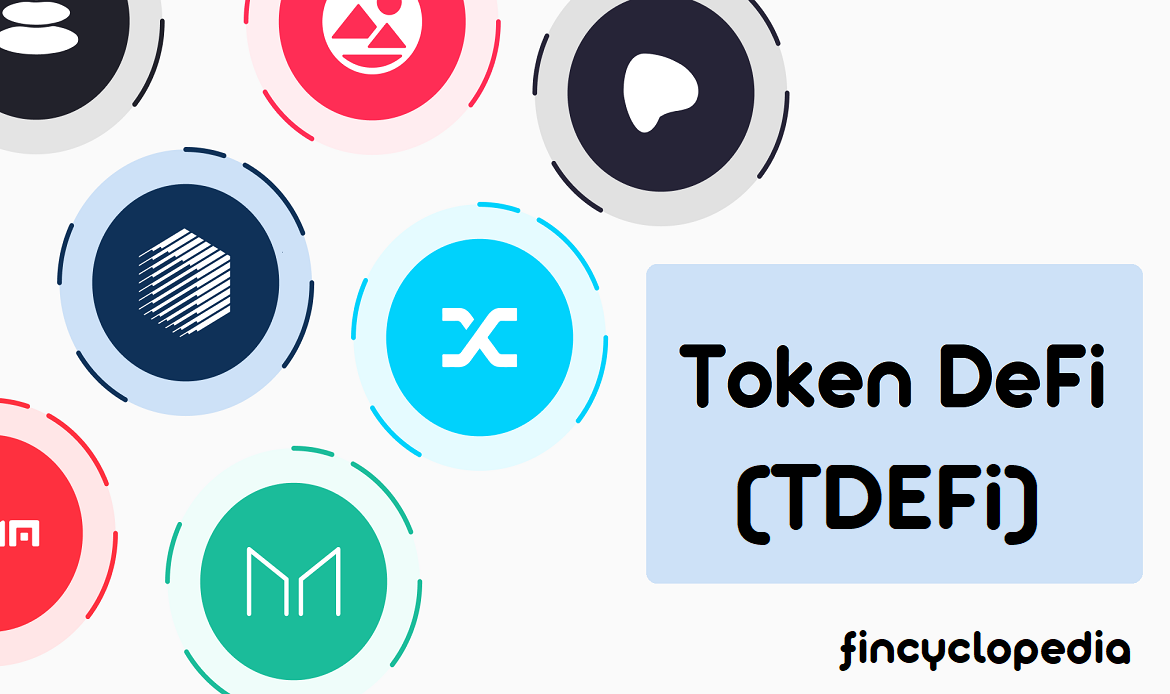A hybrid financial instrument is a financial instrument that is embedded with certain types of derivatives (embedded derivatives). The instrument plays host to the embedded derivatives, and usually comes in two key forms: debt host and equity host (host contract). An example is a 3-year certificate of deposit (CD) issued by a bank. The holder would receive its par value in addition to a return linked a reference rate (e.g., stock index). In this case, the host contract (i.e., the certificate of deposit) comes with an embedded derivative (an option on the index).
In addition to the above, the main types (examples) of hybrid financial instruments include the following:
- Warrant-linked bonds.
- Convertible securities (convertible notes/ bonds).
- Capital notes.
- Profit participation loans.
- Profit participation rights.
- Silent partnership.
- Subordinated loans.
For instance, a profit participation right constitutes a continuing obligation on an entity (and a continuing right to a respective right-holder), but without any shareholding or voting right elements. It provides a holder with specific rights relating to profit sharing and liquidation proceeds (investment-type) or only participation in profits (loan-like participation).







